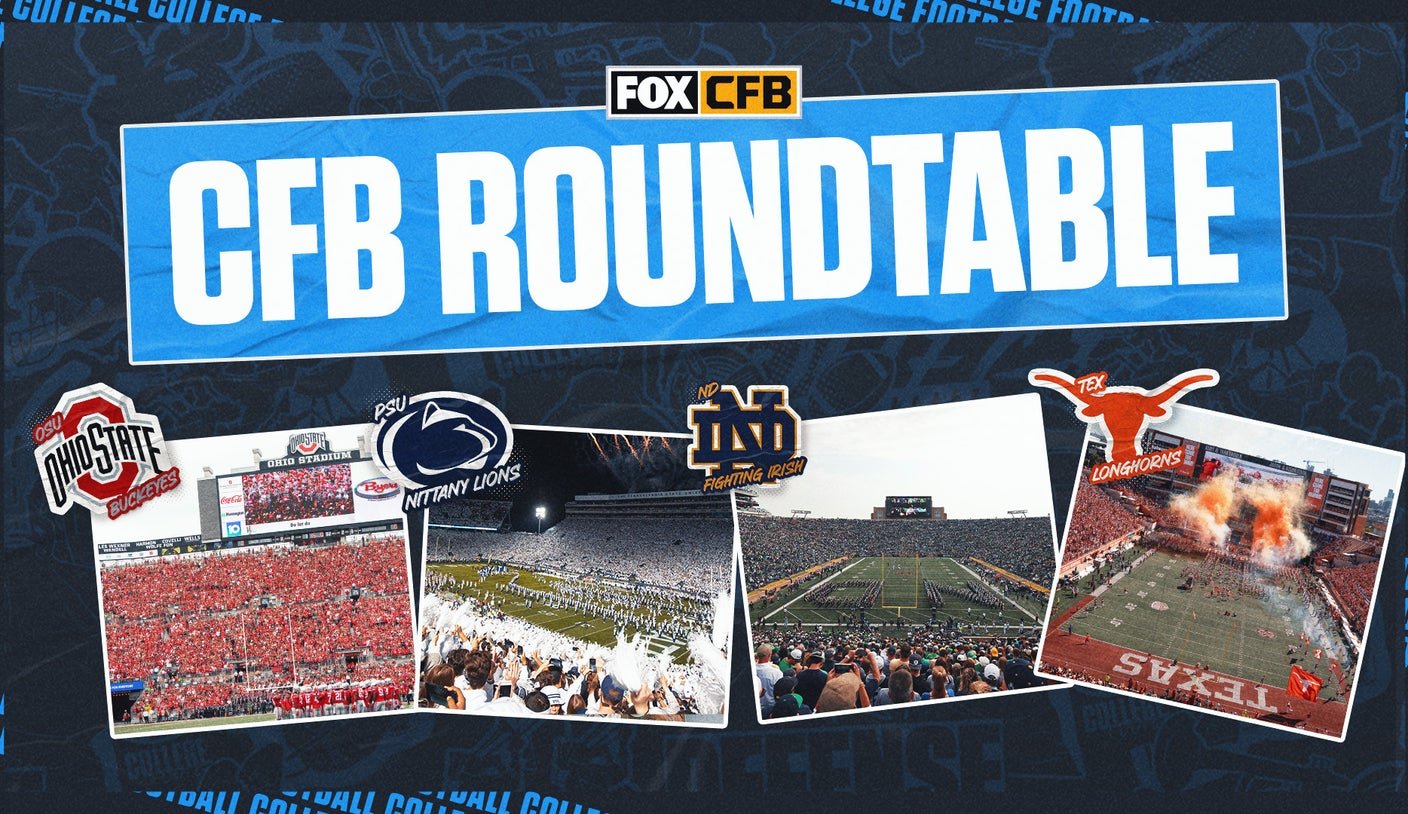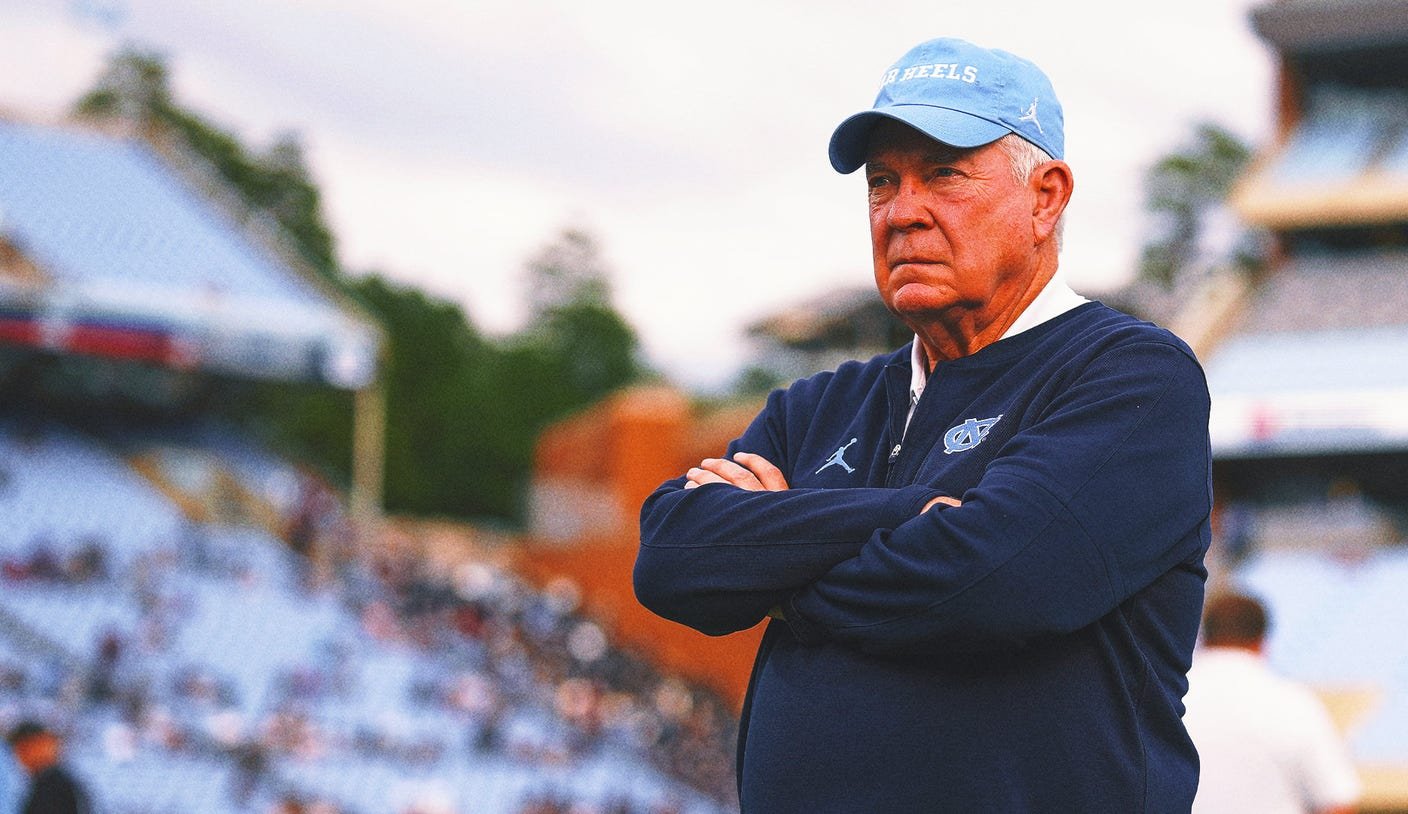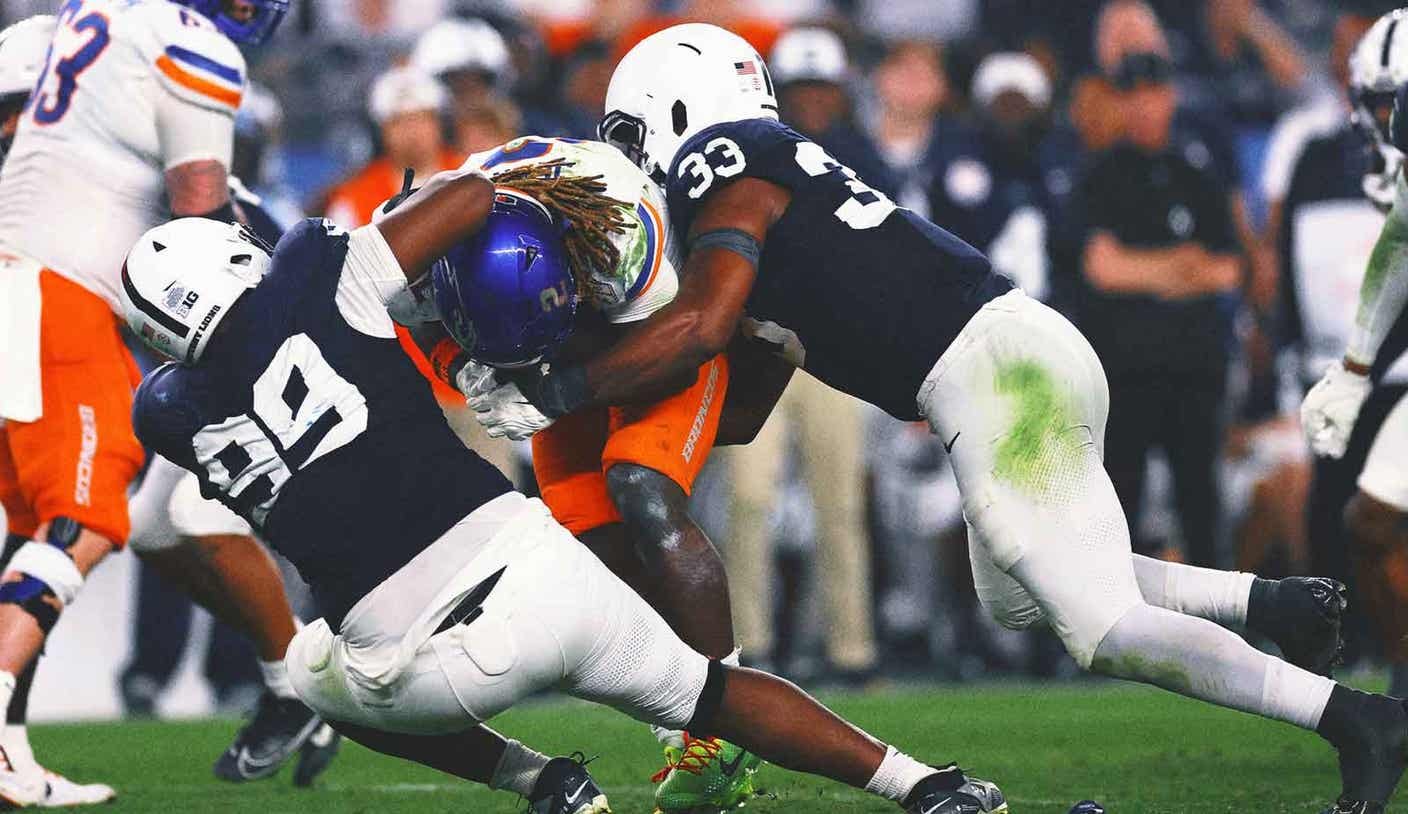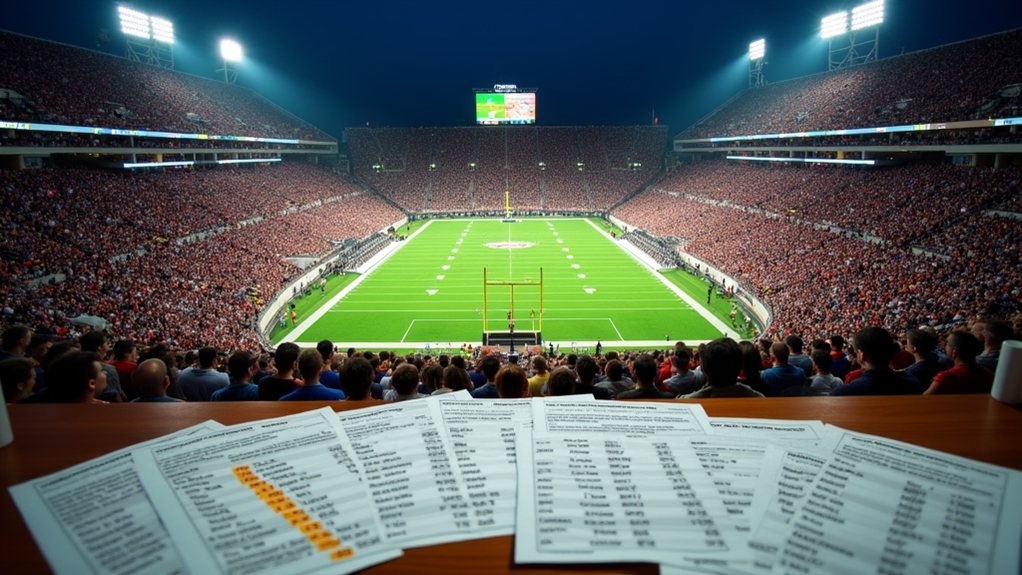If you think Bill Belichick can’t win at UNC, you’re missing what’s most important: his ability to adapt and thrive in new environments.
Not a single former New England Patriots player has endorsed the idea of Belichick coaching in college. The voices from the football community echo this sentiment.
Tom Brady expressed disbelief at the thought of Belichick stepping into the college football arena. Rob Gronkowski and Julian Edelman shared similar views.
“No,” Brady stated on FOX NFL Sunday. “I think there’s a lot of things he can do. He’s tremendous. Even showing his personality.”
“Getting out on the recruiting trail … that would be frightening,” he added.
What could Belichick’s recruiting pitch possibly sound like?
Brady humorously imitated Belichick: “Listen, you really want to come here? I mean, we don’t really want you anyway, but I guess you could come. We’ll figure out if you can play.”
Just days later, the 72-year-old coach reportedly signed a three-year, $30 million contract to lead the North Carolina Tar Heels, who recently parted ways with 73-year-old Mack Brown.
Quarterback Brian Hoyer and center David Andrews voiced skepticism about Belichick’s fit for college football. On their podcast “The Quick Snap,” they highlighted the challenges of daily logistics. Belichick is known for his extensive meetings and long lectures, which clash with NCAA regulations limiting coach-player interactions. Andrews recalled feeling trapped during Belichick’s meetings, even when nature called.
“[I couldn’t] get up and leave during one of Bill’s tirades. … You have breakfast. You’re trying to hydrate. You’re sitting there like, ‘Dude, I’m going to explode on this floor,'” Andrews recounted.
However, several players suggested that Belichick’s negotiation skills might translate well to recruiting. Andrews and Hoyer noted how challenging it was to negotiate contracts with him. Belichick often bypassed agents and dealt directly with players, even when it wasn’t welcomed.
“During my free agency, he called me and was like, ‘Alright, we’re done here. This is all we’ve got.’ And I was like, ‘Thanks, Coach. Thanks for everything,'” Andrews shared, reflecting on a brief yet impactful phone call after six years on the team.
Interestingly, both Andrews and Hoyer ended up re-signing with the Patriots after their negotiations, despite initial hesitations. Hoyer’s experience was similarly swift; after a brief back-and-forth, Belichick called him back to finalize the deal.
“It was like hugs and it was — less than 24 hours ago you told me you were moving on,” Hoyer remarked. “I think that’s a hard part in college, because all of the kids are going to be told how great they are when they visit Alabama or Georgia.”
Yet, Belichick managed to persuade Hoyer to join the Patriots three separate times.
This suggests that Belichick possesses a knack for recruiting. He secured the players he desired, often on his own terms. While players may have had mixed feelings about him, ultimately, he achieved his objectives.
He appears poised to manage UNC in a similar fashion.
“If I was in a college program, that program would serve as a pipeline to the NFL. It would be a professional setup with training, nutrition, schemes, and coaching techniques that would transfer to the NFL,” Belichick stated on “The Pat McAfee Show.” “I feel confident that I have the contacts in the NFL to pave the way for those players who would have the ability to compete in the NFL. They would be ready for it. It would be an NFL program, but not at the NFL level.”
He further emphasized, “It would be geared toward developing time management, discipline, structure, and life skills, regardless of whether it’s for the NFL or somewhere in business.”
The transfer portal resembles free agency in many ways. While it poses challenges in retaining players, it also offers a quick route to rebuilding a team—faster than in the NFL.
If anyone believes players are unwilling to play for Belichick at this stage in his career, they are mistaken. His six Super Bowl rings alone could sway recruits during meetings. JuJu Smith-Schuster, who joined New England towards the end of Belichick’s tenure, cited the coach as a significant factor in his decision, despite Belichick’s lack of recent success with receivers. This dynamic will likely play a similar role at UNC.
Lastly, if there are doubts about Belichick’s ability to adapt to college football, one should reconsider. He is known for his meticulous preparation, akin to his strategies for NFL games. Belichick has connections with several former assistants now coaching at the college level, such as Jedd Fisch at Washington and Bill O’Brien at Boston College. Some of these individuals might join him at UNC, along with other trusted colleagues like Matt Patricia and Josh McDaniels.
The primary concern surrounding Belichick in college football lies in his offensive strategies. His previous struggles without Brady raise questions about how he will adapt. While quarterback play is less critical in college, an effective offensive system is essential. The choice of offensive coordinator will be pivotal. Will it be McDaniels, or will Belichick opt for someone with a strong college background, perhaps from Steve Sarkisian’s Texas staff?
This decision will likely shape the team’s success or failure.
The last image of Belichick was not a pleasant one. However, this isn’t the end of his story. He appears driven to conclude his coaching career on a high note, regardless of whether he claims the all-time career wins record in the NFL. He has a desire to coach again, to teach again.
While he could pursue opportunities in media, one thing is clear: he wants to win again. Belichick believes he can achieve that at UNC, and so do many others.









